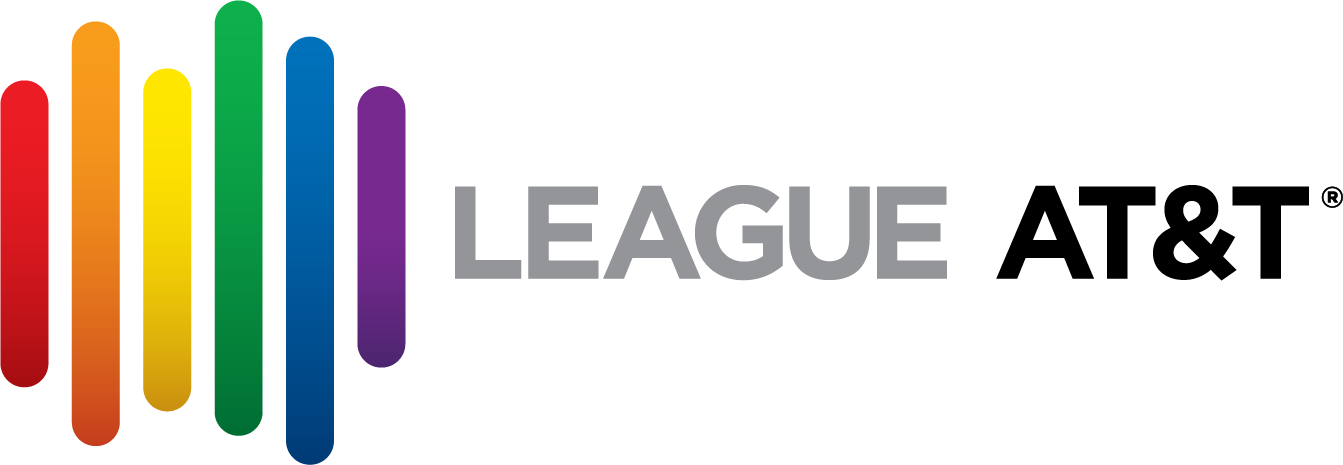National HIV/AIDS & Aging Awareness Day, observed each year on September 18, brings attention to the growing population of older adults living with HIV. With over half of people diagnosed with HIV in the U.S. now aged 50 or older, this day emphasizes the need for age-inclusive healthcare, stigma reduction, and community support. The AIDS Institute, which launched the observance in 2008, leads efforts to spotlight the unique challenges faced by aging individuals with HIV, including increased risk of chronic conditions, social isolation and depression. Learn more about the campaign and its goals at The AIDS Institute.
You can get involved by supporting organizations that advocate for aging populations affected by HIV. For example, SageUSA focuses on LGBTQ+ elders and offers resources and community programs. Another initiative, Age Positively by Gilead, funds programs across the U.S. to improve coordinated care and reduce isolation. Whether you can volunteer, share educational content, or participate in awareness events, your engagement helps foster dignity, visibility, and better health outcomes for older adults living with HIV.
Medicaid plays a vital role in supporting this community, especially for those with limited income or access to private insurance. It provides coverage for HIV treatment, long-term care, and other essential health services that older adults rely on. However, proposed cuts to Medicaid and the Affordable Care Act threaten to undermine progress in HIV care and prevention. As highlighted in this article, such reductions could leave many vulnerable individuals without the support they need. Advocating for sustained and expanded Medicaid funding is one way to protect the health and dignity of aging people living with HIV.
